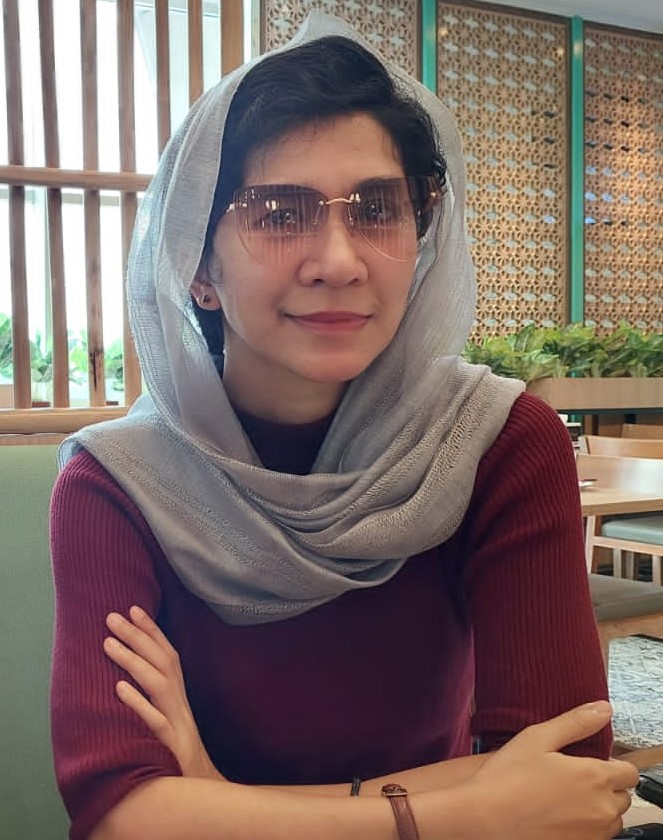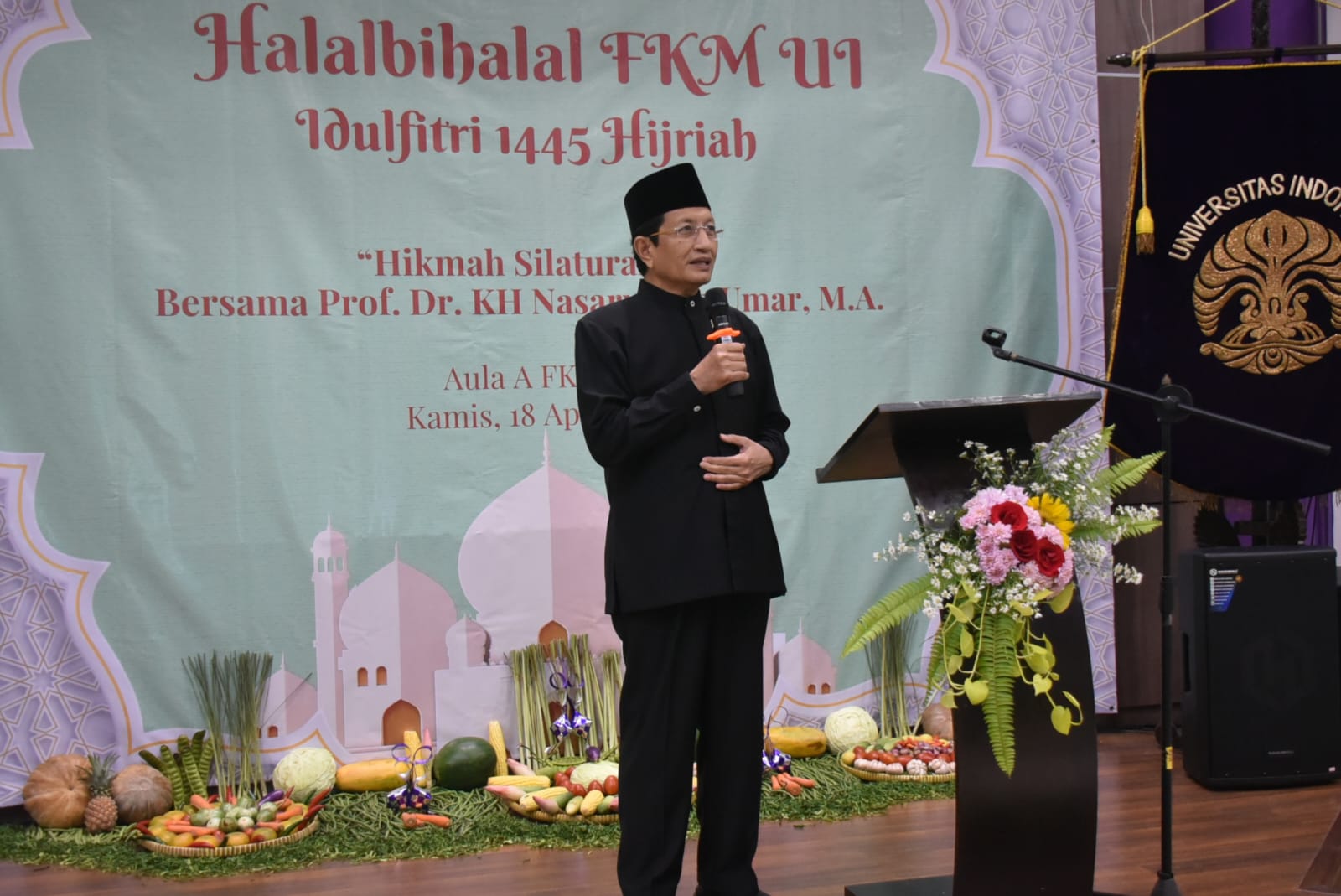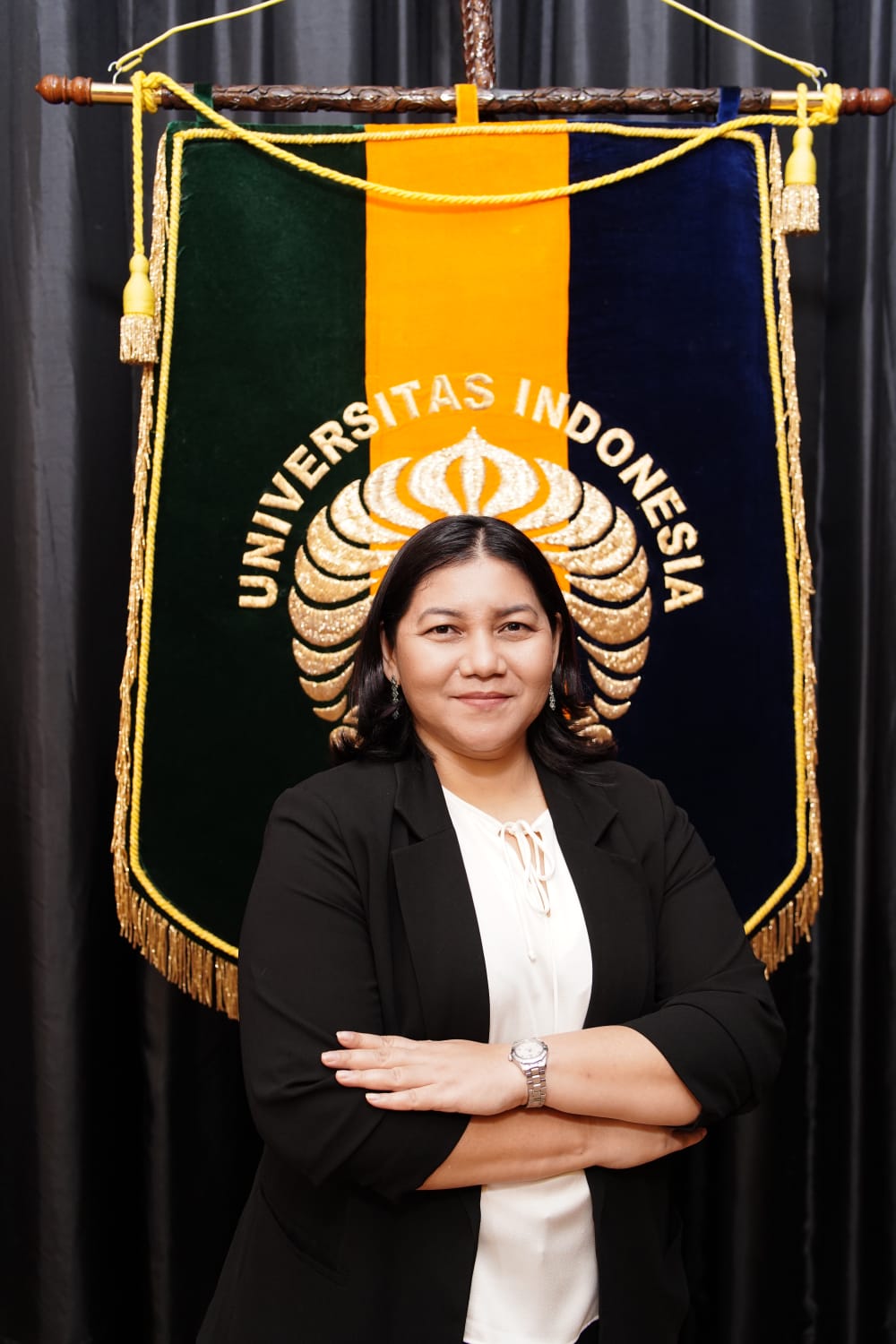
Ahmad Gamal, S.Ars., M.Si., MUP., Ph.D., advisor and the principal investigator from the Special Unit of Community Service (UKK PPM) of Smart City Universitas Indonesia (UI), revealed one of the findings in focus group discussion (FGD) study “Indoor Air Quality Control in Public Spaces” that is the applied standards in Indonesia are still focused on energy conservation rather than health aspects. In fact, he said, regulations regarding the maximum limits of physical, chemical, and biological contaminants already exist in the Regulation of Indonesian Minister of Health.
“However, the Regulation of Minister of Health only regulates the maximum limit of contaminants in residential houses and offices, considering that Minister of Health does not have the authority to regulate its application to public spaces, especially buildings owned by the state. Thus,law enforcementon this regulation in public spaces is relatively low,” he said, at Smart City UI FGD, which took place at Hotel Ashley, Jakarta Pusat, on Saturday (24/09), in a hybrid manner.
The event was part of a community service activity that examines indoor air quality (IAQ) control in Indonesia by involving expert speakers, government, associations and the media industry. One of the speakers, Directorate of Housing and Settlement Development of Ministry of Public Works and Public Housing Dr. Muhammad Nur Fajri Alfata, S.T., M.T., reviewed regulations related to IAQ control in Indonesia and how health aspects need more attention in national level regulations. “Health aspects enter the realm of safety in buildings, so it is not only the building structure that needs to be considered, but also human safety,” he said.
Latifah Sumandari, S.T., M.Eng from Directorate of Building Arrangements, Directorate General of Human Settlements of Ministry of Public Works and Public Housing, explained about the maintenance and care of buildings to achieve good quality of air. Another source person was an air quality expert from Indonesian Association of Sanitary and Environmental Engineering Engineers (IATPI) Hernani Yulinawati, S.T., M.URP., who discussed the topic of infectious diseases, such as the Covid-19 pandemic and its spread indoors.
The Director of Prevention and Control of Direct Communicable Diseases, Ministry of Health of Indonesia Dr. Siti Nadia Tarmizi, M.Epid discussed the effect of indoor air quality on the environment and the spread of infectious diseases. “The Covid-19 pandemic has taught us many lessons, such as the urgency of updating regulations, especially in the spread of airborne disease. Several regulations from Ministry of Health need to be evaluated and updated,” she said.
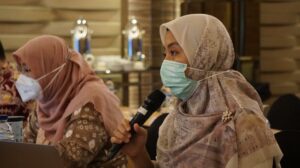
The last presentation was delivered by Law Expert and Lecturer of Faculty of Administrative Sciences UI Dr. Ima Mayasari S.H., M.H. She mentioned policy making related to indoor air quality in regulatory policy 2.0. According to her, policies can be made based on evidence by learning from other countries.
After the presentation from the speakers, the next session was the response session from the experts, including the epidemiologist Prof. Dr. Budi Haryanto, SKM, MKM, M.Sc.; Representative of the Association of Indonesian Building Physicists Ir. John Budi H. L., M.Sc.; Representative of Teacher Association of Indonesia (PGRI) Drs. Mustafa Kemal M.Pd and Sugandi, SE, M.Pd. Mustafa suggested the need for IAQ research in schools by SMART CITY UI Team due to the condition of schools that have very high density.
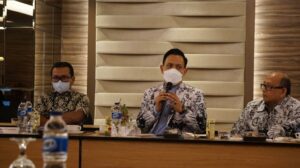
In addition, PGRI representatives said that IAQ research in schools could also encourage the government to educate on the importance of air quality from an early age. “Coordination related to IAQ must be carried out with various ministries, not just Ministry of Public Works and Public Housing and Ministry of Health, just like with Ministry of Social Affairs which regulates the lighting standards and infrastructure of schools. However, this regulation only regulates physical equipment. There are no technical and explicit regulations in regulating the air system of school buildings at this time,” he said, representing PGRI.
From the results of the FGD, it can be concluded that this study is very important considering that Indonesia is vulnerable to infectious diseases, such as the Covid-19 pandemic. The use of IoT(Internet of Things) and making regulations by the government related to building approval and the spread of infectious diseases can be one way to maintain IAQ, as done by Ministry of Public Works and Public Housing in its regulation Number 21 of 2021, where state buildings with an area of more than 5,000 square meters are required to implement green building standards.
Renewal of standardization is also important in controlling room air quality, which must be stated in Indonesian National Standard (SNI), such as acceptable contaminant limits and indoor filtration construction. Each room requires a monitoring system that can measure PM and other IAQ parameters that can be stated in the standard monitoring system in IAQ.
In his closing, Ahmad Gamal emphasized the urgency to pay attention to IAQ. In the future, SMART CITY UI will continue to provide assistance to the government in improving IAQ control and assisting the government in setting up a regulatory framework in order to specifically regulate the standards required for IAQ control.

